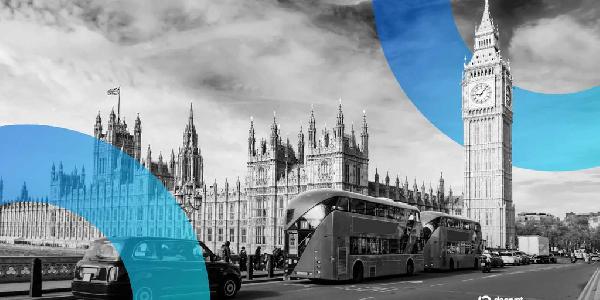
 Crypto regulation evolves through CZ plea deal, Grayscale Bitcoin ETF application, Singapore bans, and Lagarde’s personal experience. Image by Titiwoot Weerawong, Vecteezy
Crypto regulation evolves through CZ plea deal, Grayscale Bitcoin ETF application, Singapore bans, and Lagarde’s personal experience. Image by Titiwoot Weerawong, VecteezyLast week brought several major developments on the crypto regulation front. Binance founder Changpeng Zhao pleaded guilty to criminal charges in the U.S. and now faces up to 10 years in prison. Meanwhile, Grayscale submitted an updated prospectus for converting its Bitcoin Trust into a spot ETF, fueling hopes that approval may be close. Overseas, Singapore announced tighter regulations to protect crypto consumers, including banning crypto ads and incentives. Finally, ECB President Christine Lagarde revealed her son lost most of his crypto investments, reinforcing her skeptical stance.
In this column, we will analyze these key events from the past week and what they mean for the future of crypto oversight worldwide. The plea deal, persistent ETF application, bans on retail marketing, and high-profile crypto losses all signal intensifying global regulation. But many questions are present on how far restrictions will reach and what lies ahead for crypto businesses and investors.
CZ Pleads Guilty, Faces Up to 10 Years in Prison
Changpeng Zhao, the billionaire founder of Binance, rocked the crypto world last week when he pled guilty to criminal charges related to money laundering and sanctions violations. The plea deal requires Binance to cease operations in the U.S., while Zhao himself may face up to a decade behind bars.
Zhao admitted that Binance failed to maintain proper anti-money laundering safeguards. This enabled illicit funds to flow undetected across the platform.
Prosecutors highlighted how Binance marketed heavily to U.S. customers despite concealing its corporate structure and lacking proper state licenses. The exchange also facilitated “billions of dollars” of crypto transactions for its US customers, without implementing so-called “know your customer” checks. For these transgressions, Zhao could serve up to 10 years in prison when sentenced in February 2024.
U.S. Attorney General Merrick Garland asserted that “using new technology to break the law does not make you a disrupter, it makes you a criminal.”
Meanwhile, Coinbase CEO Brian Armstrong drew contrasts between Binance’s lawlessness and his exchange’s embrace of regulation from day one.
Armstrong posted on X that the Binance ruling “reinforces that doing it the hard way was the right decision,” suggesting properly licensed exchanges may gain market share. With its plea deal, Binance has vowed to revamp its compliance program. But the damage to its reputation may linger, especially if its founder receives substantial prison time next month.
Since the founding of Coinbase back in 2012 we have taken a long-term view. I knew we needed to embrace compliance to become a generational company that stood the test of time. We got the licenses, hired the compliance and legal teams, and made it clear our brand was about trust…
— Brian Armstrong









